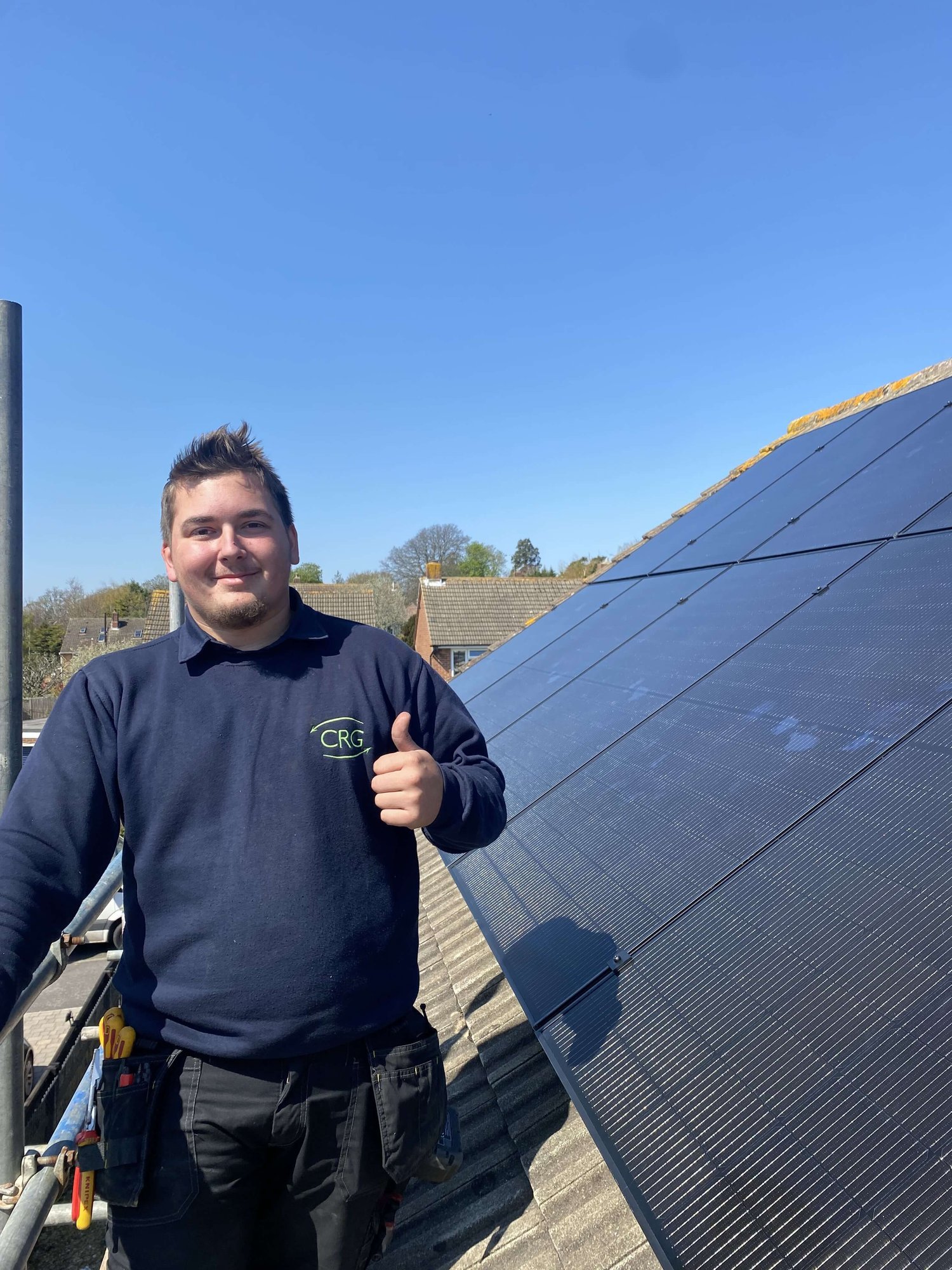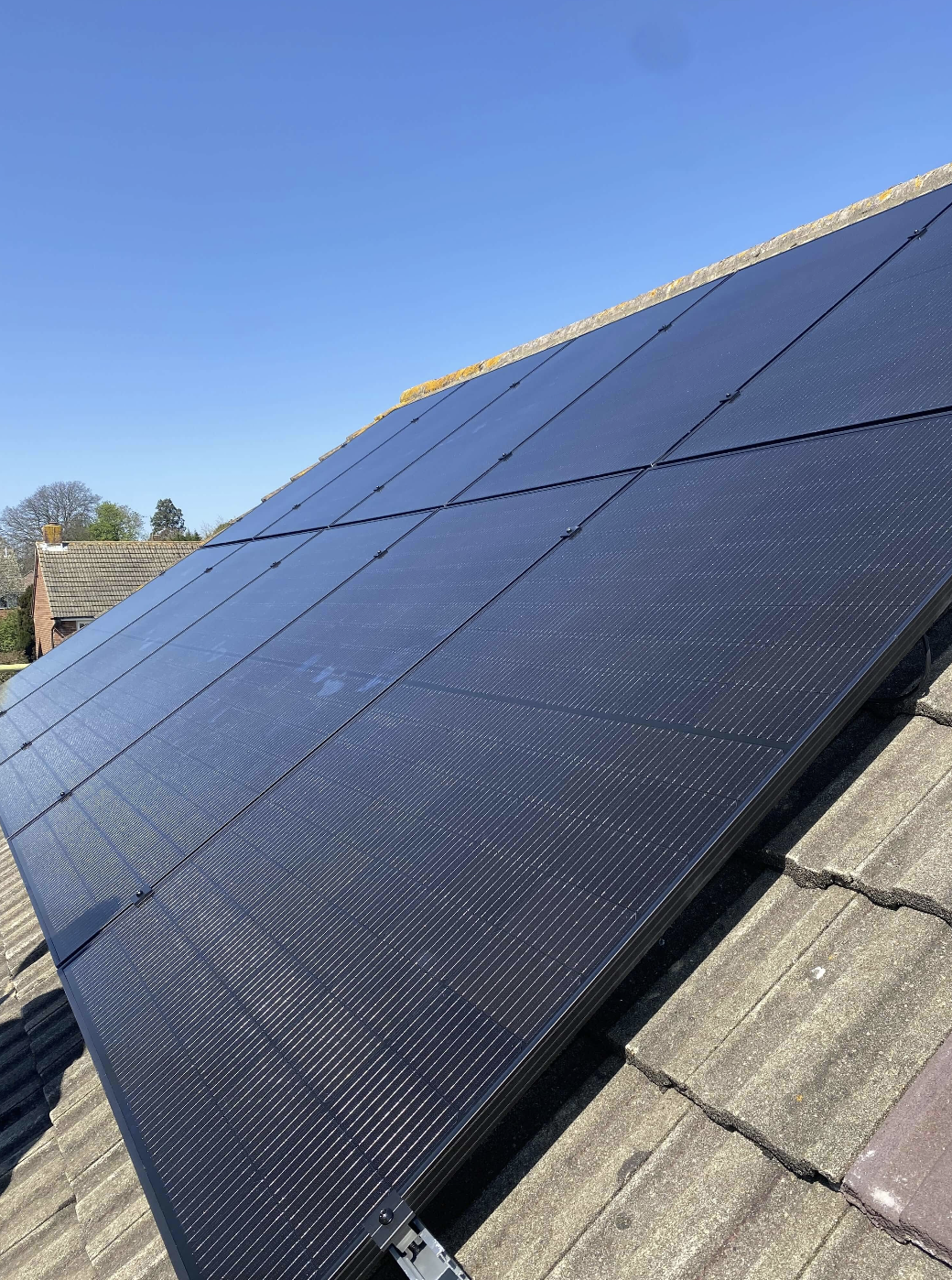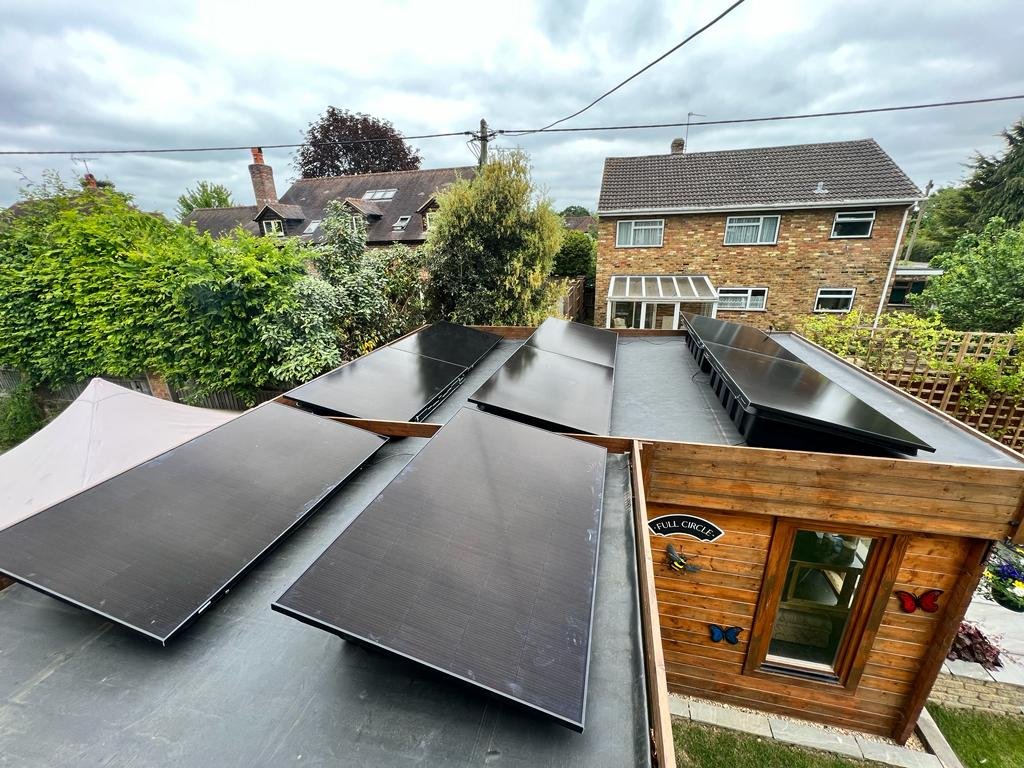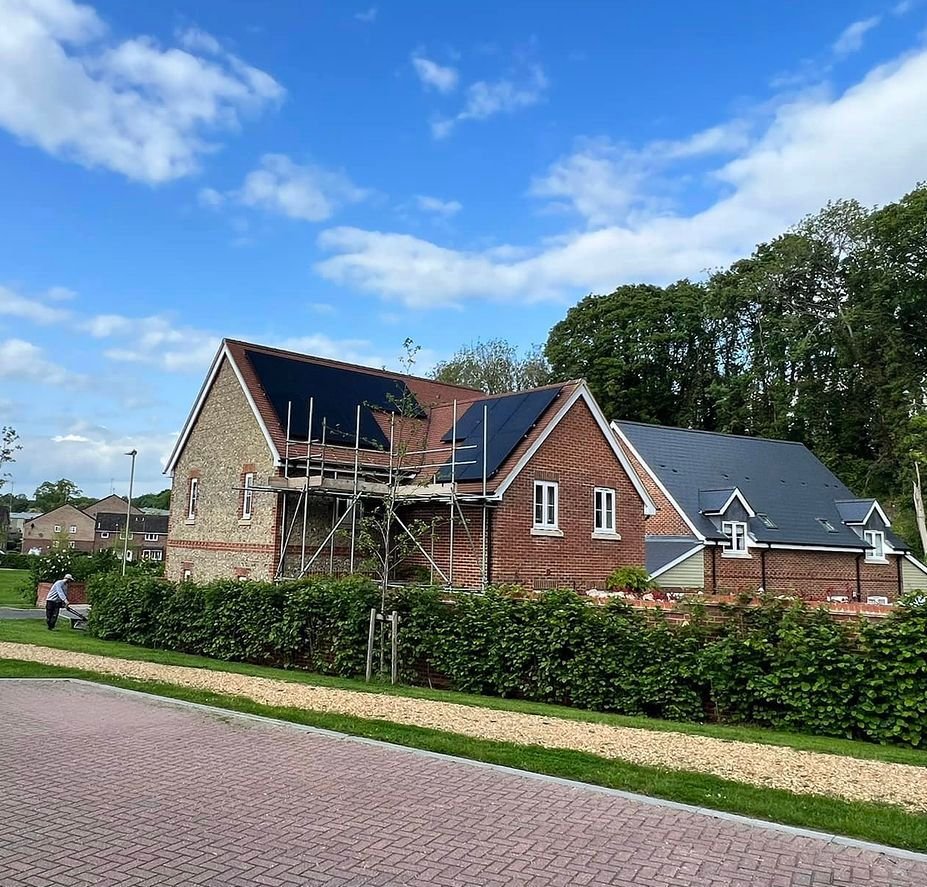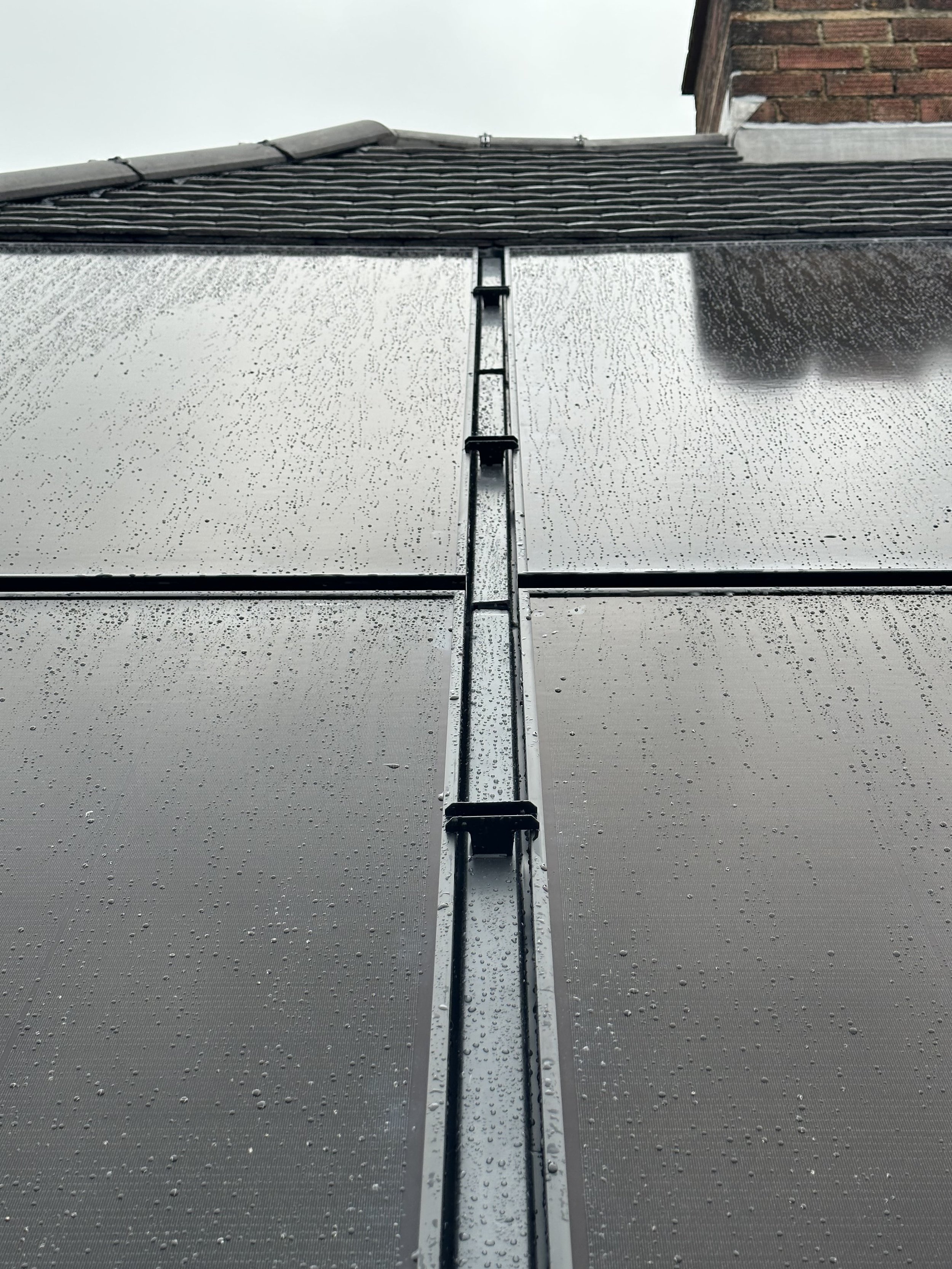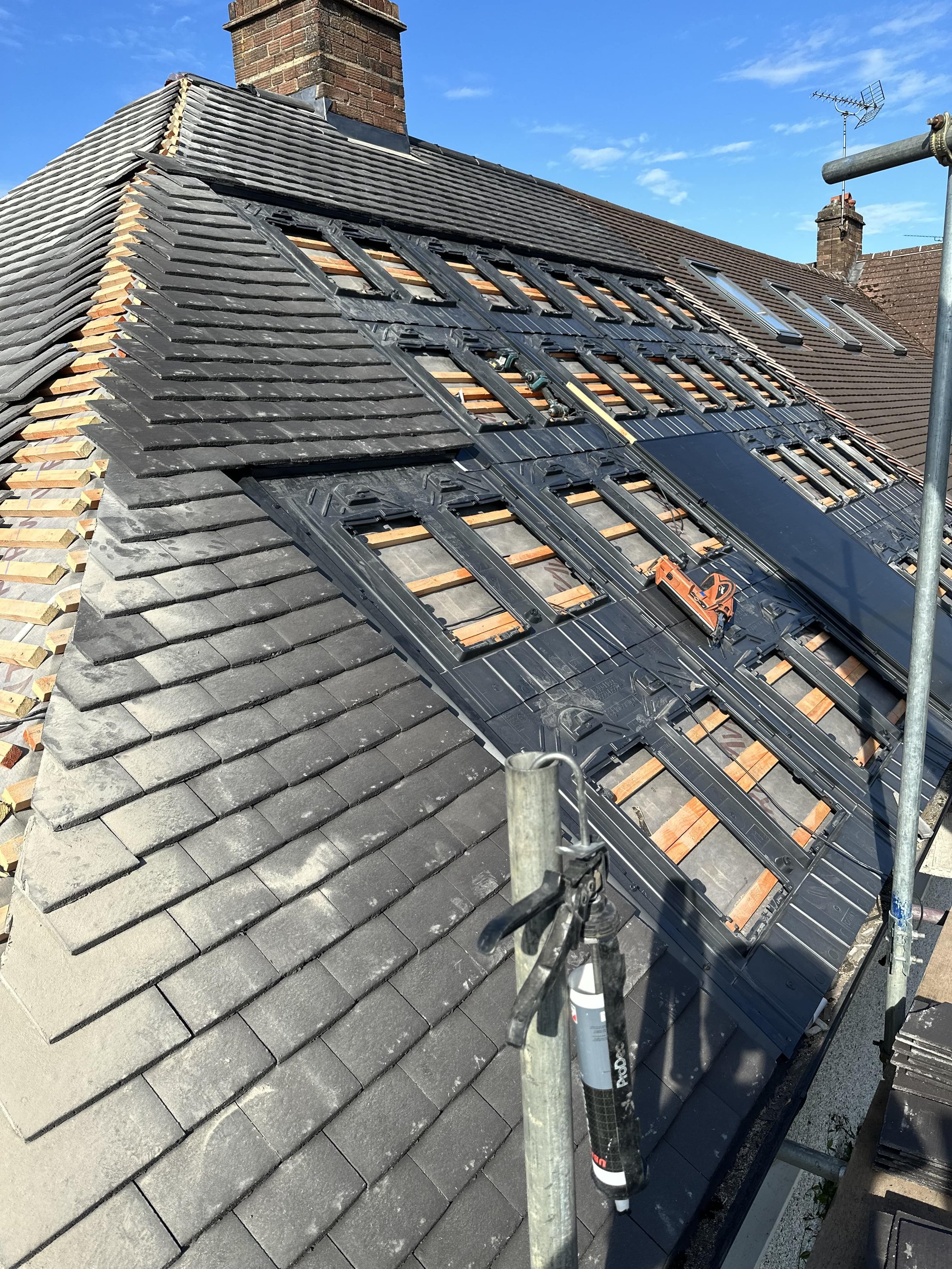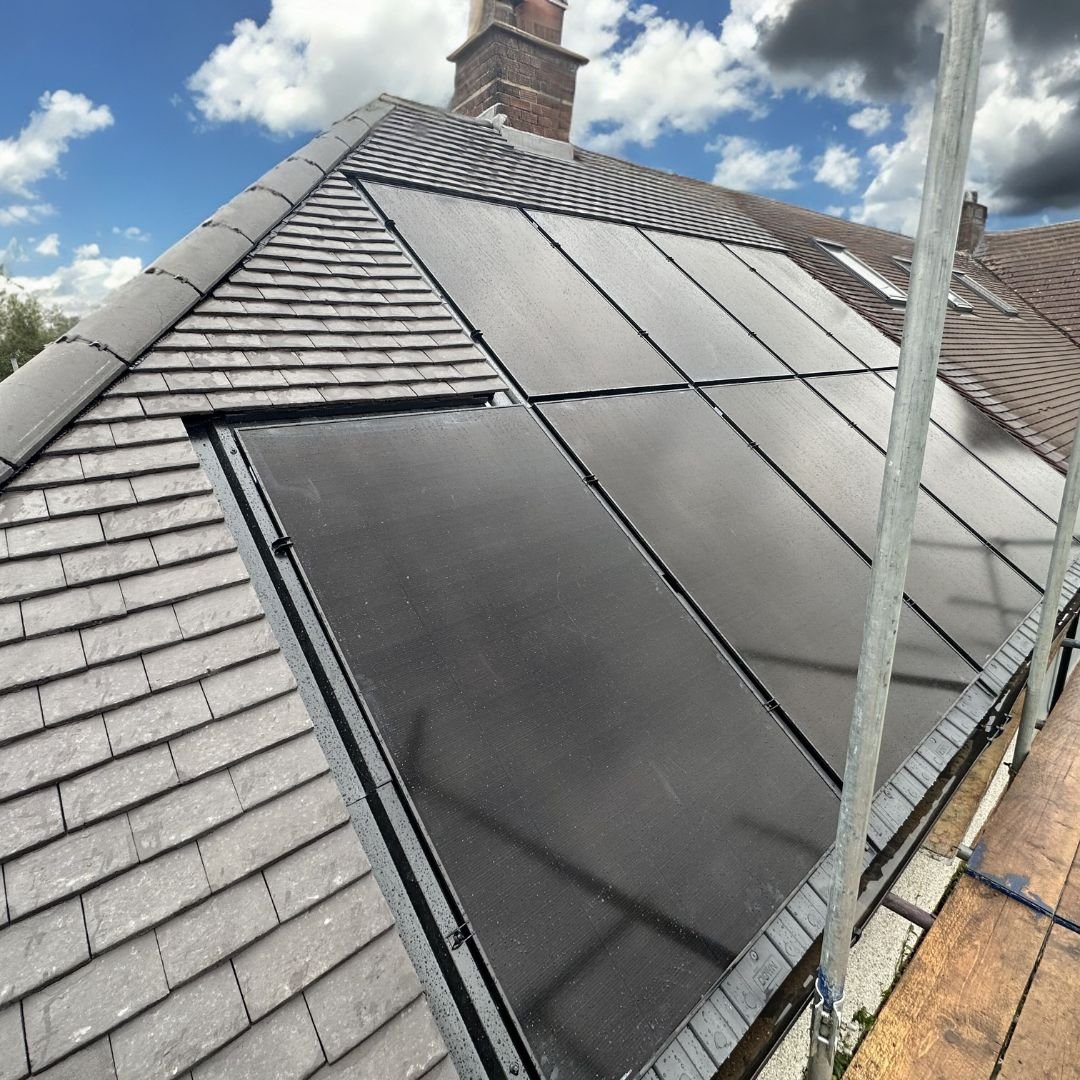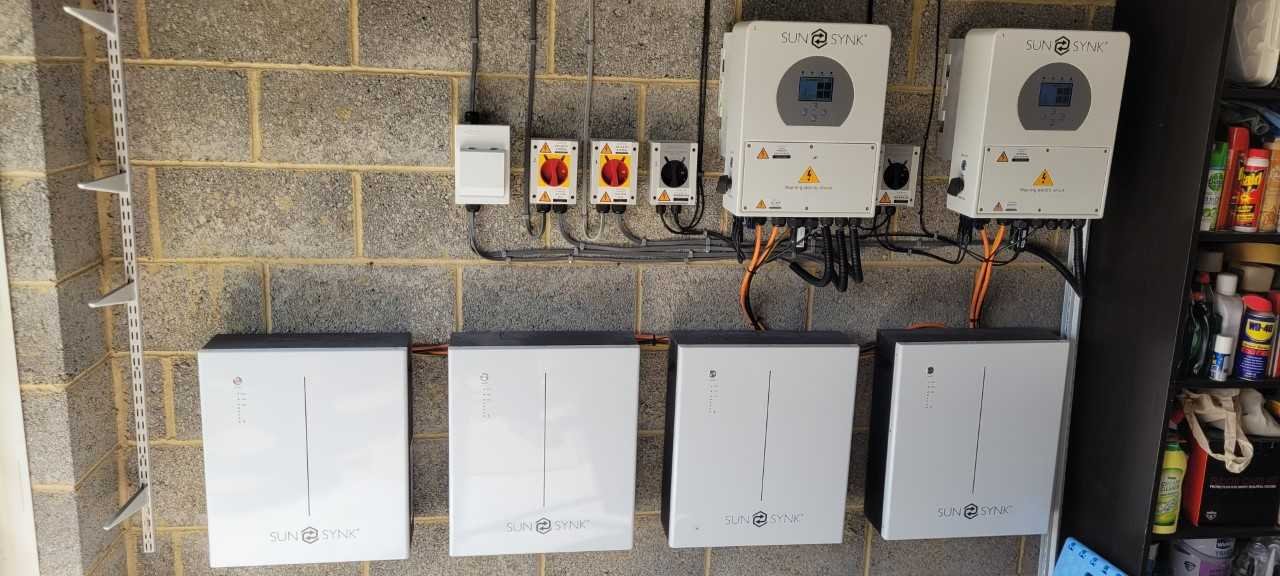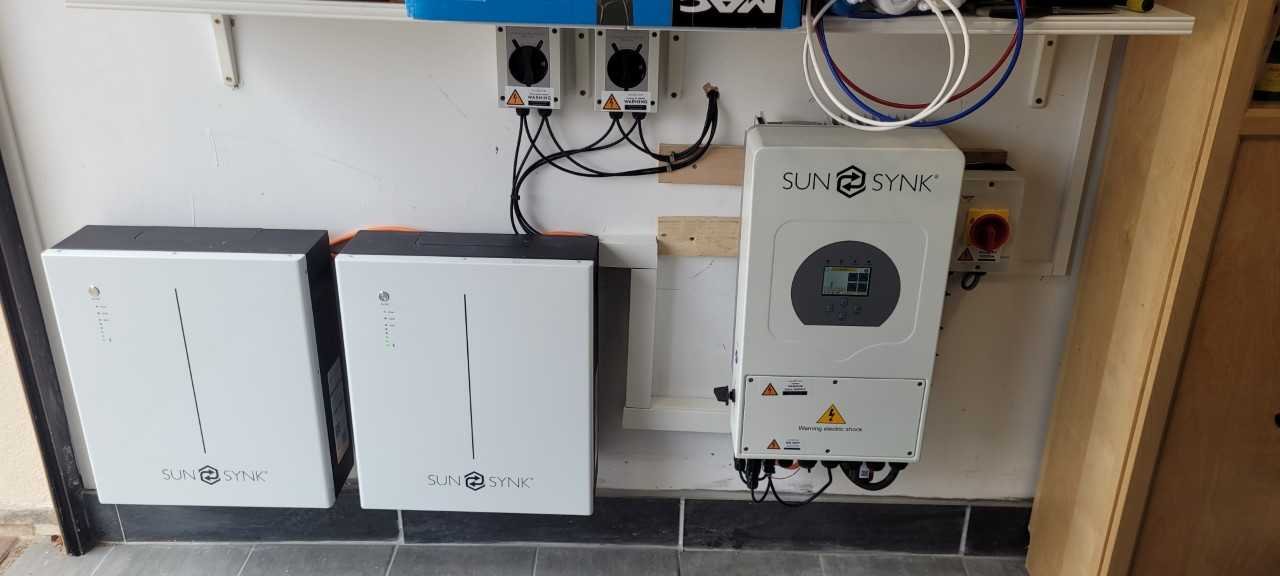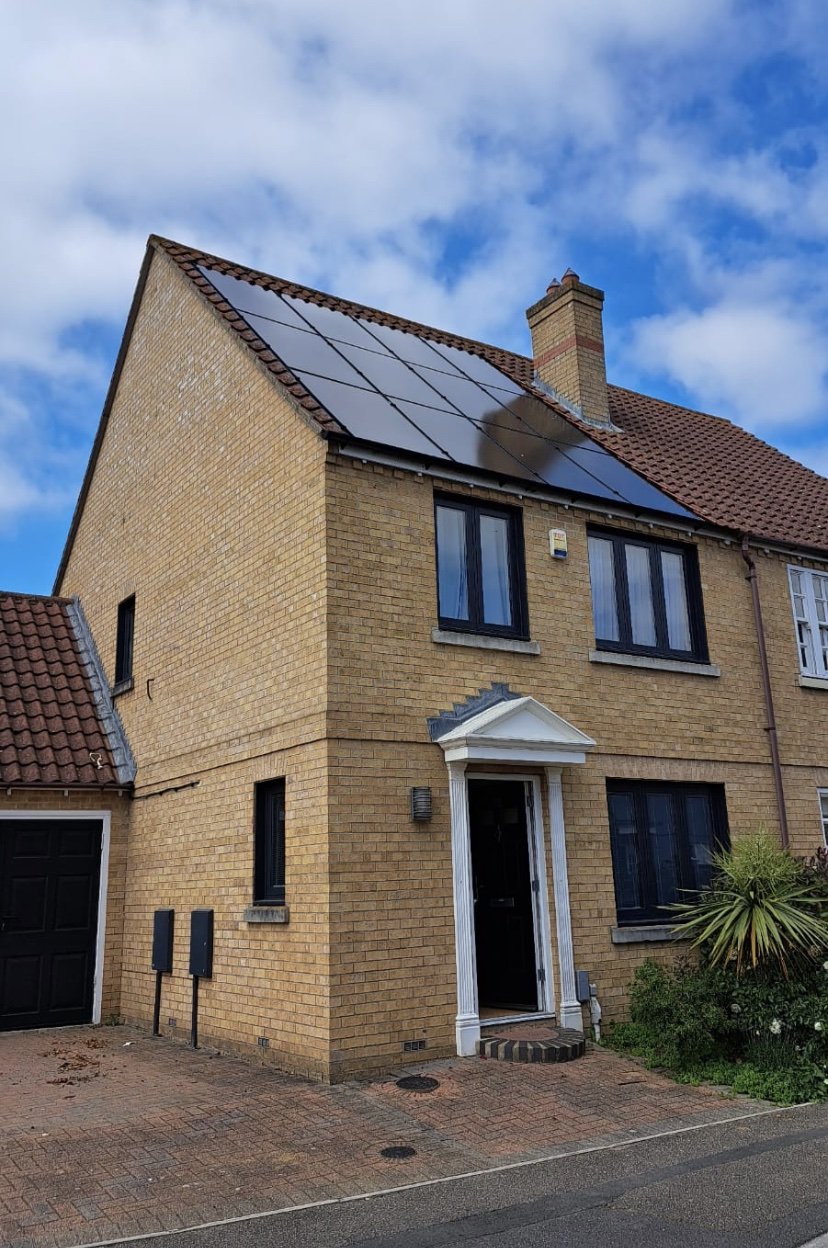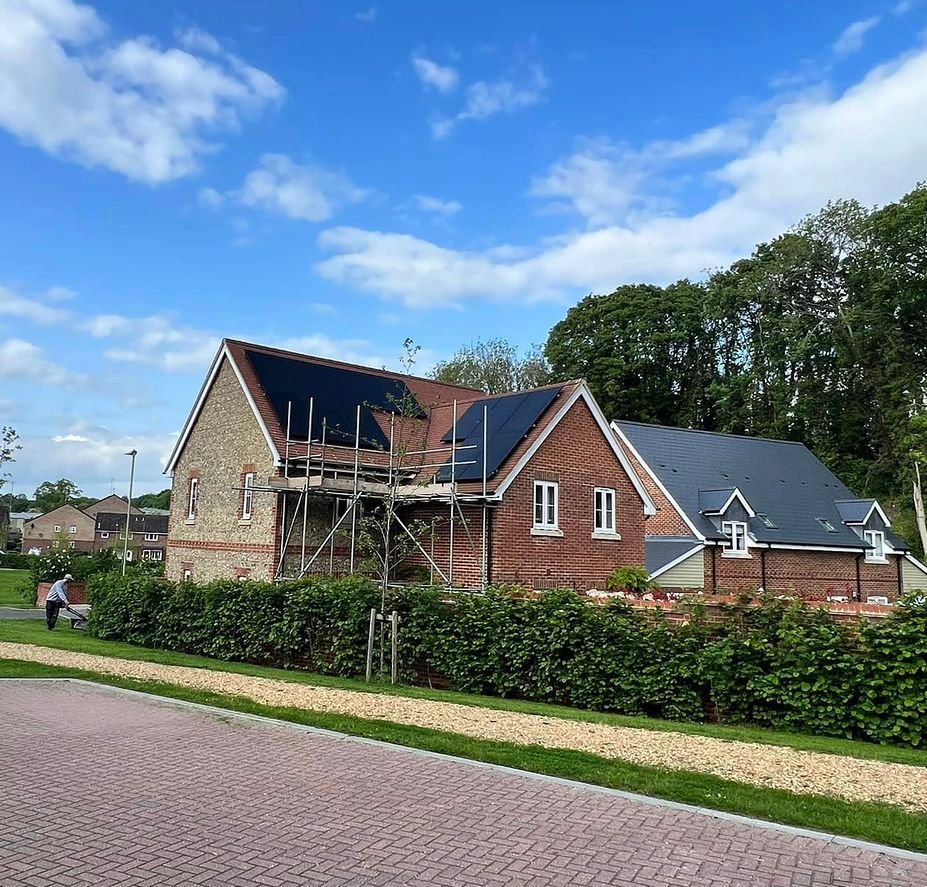Harnessing Solar Power on Homes: A Comprehensive Guide to Making the Switch
In this post, you'll find:
An overview of solar power and how it works using photovoltaic (PV) cells.
Guidance on assessing your home’s suitability for solar panel installation, including roof condition and shading considerations.
A breakdown of the installation process, including costs and what to expect.
Tips on maximising solar panel efficiency and maintaining your solar PV system.
Insights into battery storage for storing excess solar energy for later use.
Information on how solar panels can reduce your energy bills and carbon footprint.
Details on the cost of installing solar systems in the UK, including potential long-term savings.
The benefits of charging your electric vehicle with solar energy.
Advice on selecting the right solar panel installer and ensuring a high-quality installation.
Suggestions for reducing energy consumption with less power-hungry appliances to optimise your system.
As energy bills continue to rise and the need for more sustainable living becomes urgent, many UK homeowners are turning to residential solar panels. Installing residential solar panels can help reduce energy costs, lower your carbon footprint, and ensure a more eco-friendly future. This guide will walk you through everything you need to know about harnessing solar power for your home.
Understanding Solar Power
What is Solar Power and How Does it Work?
Solar power works by converting sunlight into electricity using photovoltaic (PV) cells. These cells capture light particles (photons) and generate electricity when the photons knock electrons free from their atoms.
Most domestic solar panels in the UK produce between 250 and 400 watts of electricity. A typical system consists of 8 to 12 panels, enough to power household appliances and even store surplus energy in a battery for later use. Solar power is a renewable energy source, helping to lower both your energy bills and carbon footprint.
How Solar Panels Work
Solar panels create renewable energy by absorbing sunlight and turning that energy into usable energy through an inverter. This can then power your home, reducing your need to buy costly energy from an energy supplier.
Solar panel installation is a great way to invest in your future. If you install solar panels, you could save up to £25,000 over the lifetime of your system.
Assessing Your Home’s Suitability
Is Your Home Right for Solar Power?
Before committing to solar panels, you’ll need to assess whether your home is suitable. Key factors include:
Roof condition: Your roof must be in good condition and strong enough to support the weight of the panels.
Shading: Ensure minimal shading from trees or buildings, as this will reduce energy production.
Energy usage: The more energy you use, the greater the potential savings.
Solar panels can be installed on both flat and sloped roofs, but flat roofs may require tilting to maximise energy generation. To get a personalised recommendation, you can use an online assessment tool to determine the best renewable technology for your home.
Installing Solar Panels
Planning and Installation
Before installation, your chosen installer will survey your property to ensure the system is right for your home. This will include analysing the shading, checking your roof is in good condition, and providing you with accurate estimates of how much electricity your solar panels will produce.
Solar panels can also be installed on outbuildings or in your garden, provided there’s no shading from nearby structures.
Solar Panel Efficiency and Maintenance
Maximising Solar Panel Efficiency
Most UK solar panels are between 15% and 25% efficient, with monocrystalline panels being the most efficient. Solar panels can still generate electricity on cloudy days and during winter, though production will be lower than on sunny days. In the UK, the ideal angle for solar panels is between 30° and 40°, which allows them to capture the most sunlight.
Maintaining Your Solar PV System
While solar panels require minimal maintenance, it’s important to keep them clean and check for debris that could block sunlight. Your installer should provide maintenance guidelines, and although solar panels typically last 25 years, the inverter (which converts DC electricity to AC) may need replacing after 12 years.
Storing Excess Solar Energy
The Benefits of Battery Storage
Battery storage allows you to store excess solar energy generated during the day for use at night or on cloudy days. This reduces reliance on imported electricity and increases your home’s energy efficiency.
A solar battery can significantly enhance the benefits of a solar panel system by allowing you to tap into stored energy whenever you need it, especially when paired with less energy-hungry appliances.
Cost and Savings
The Cost of Installing Solar Panels
The average cost of installing a solar panel system in the UK is around £7,000, but this can vary based on the size of the system and the installer you choose. Though the upfront costs may seem high, the long-term savings on energy bills and the environmental benefits make it a worthwhile investment.
Maximising Your Savings with Solar Power
The amount you save will depend on several factors, including how much energy your household uses and the size of the system. Many UK households see a significant reduction in their electricity bills, and with schemes like the Smart Export Guarantee (SEG), you can even sell surplus electricity back to the grid, further boosting your savings.
Integrating Solar Power with Your Home
Charging Your Electric Vehicle with Solar Energy
If you own an electric vehicle (EV), solar panels offer an excellent way to reduce both your fuel costs and your environmental impact. By charging your EV with solar energy, you’ll avoid reliance on imported electricity and fossil fuels, making your transportation fully sustainable.
Choosing the Right Solar Panel Supplier
Researching and Evaluating Suppliers
Choosing the right solar panel supplier is crucial for ensuring a high-quality installation. It’s worth comparing quotes from multiple installers, ensuring they are reliable and certified. Many companies, like Solarsense, offer free no-obligation quotes, so you can explore your options without any pressure.
Installation Costs
Costs of installing solar panels will vary, for example high quality solar panels will be more expensive than other renewable technologies. The amount of panels will also make solar installations more expensive. Most solar panel systems will cost around £7,000-£11,000 in the UK.
Flat Roof Solar Panels
Flat roof solar panels need to be installed in a different way to typical solar panel systems. Ensure your installer has the right experience to add solar PV panels to a flat roof.
Conclusion
Installing a solar system on your home can significantly reduce energy consumption and lower your electricity bills. With modern solar panel installations, you can harness the sun’s energy to generate solar electricity, even during cloudy days. The electricity produced can power your home, and any excess can be stored using solar battery storage for later use, allowing you to go off-grid or reduce your reliance on the electricity grid.
A skilled solar panel installer will assess factors such as your roof tiles, north-facing roof, and direct sunlight exposure to ensure your system achieves a high-efficiency rating. Over time, as your system continues electricity generation, you’ll enjoy lower electricity bills, especially if you adopt less power-hungry appliances and a less tech-heavy lifestyle. With proper energy storage, you can optimise your solar system to produce enough energy for your household, even selling excess electricity generated back to the grid, helping you save money and become more energy-efficient.
Getting Started
If you’re ready to make the switch to solar power, it’s easy to get started. Try our solar calculator or get in touch with a team member today. Embrace clean energy and start saving on your electricity bills today!
Switching to solar power is a smart choice for both your wallet and the environment. With advances in solar technology and various incentives available, now is the perfect time to invest in a sustainable future for your home.
Contact us to arrange a free, no obligation quotation
from our friendly team. We'll get back to you within one working day.
Try our solar system cost calculator
Get an idea of what system might suit your home and what your approximate cost of a solar system would be.
What we can help you with
Our Quality Work & Products
